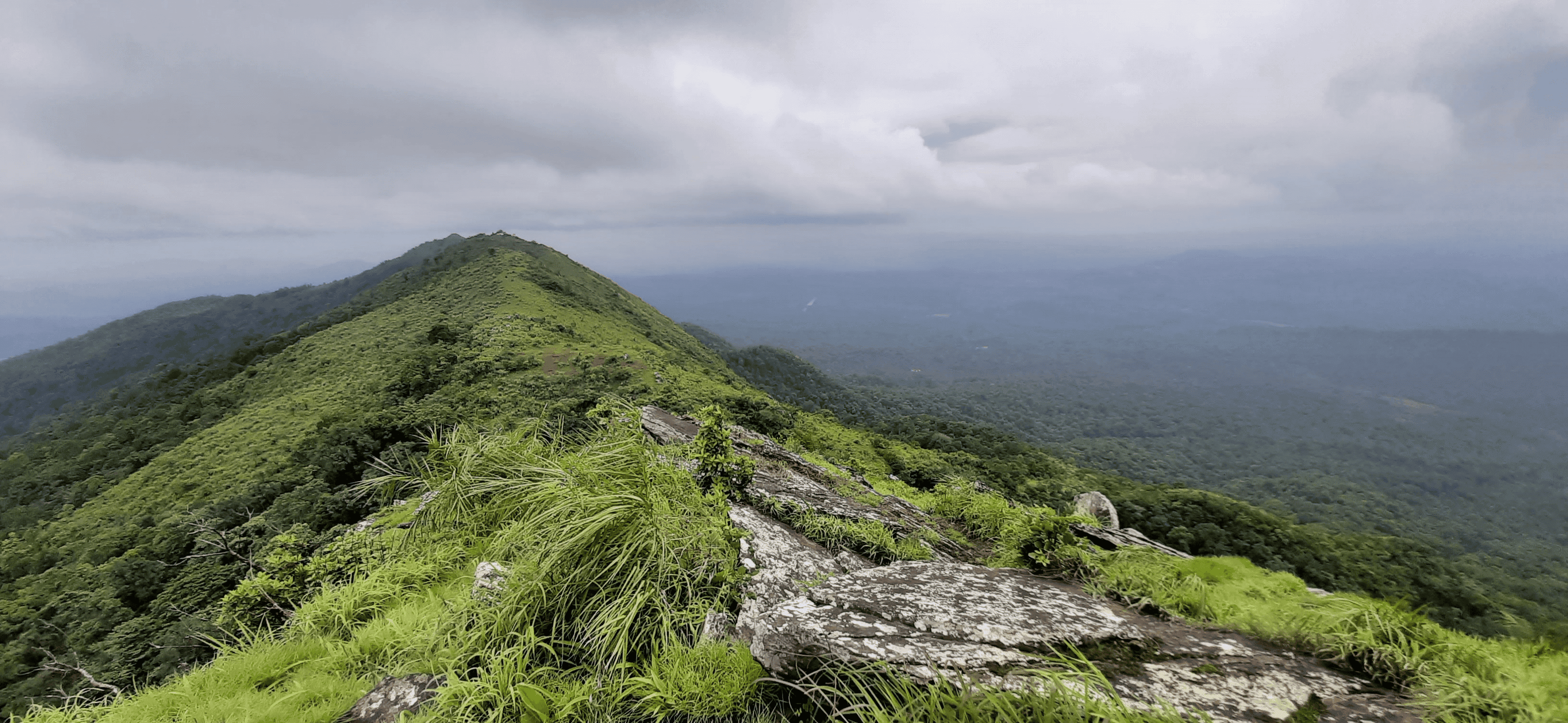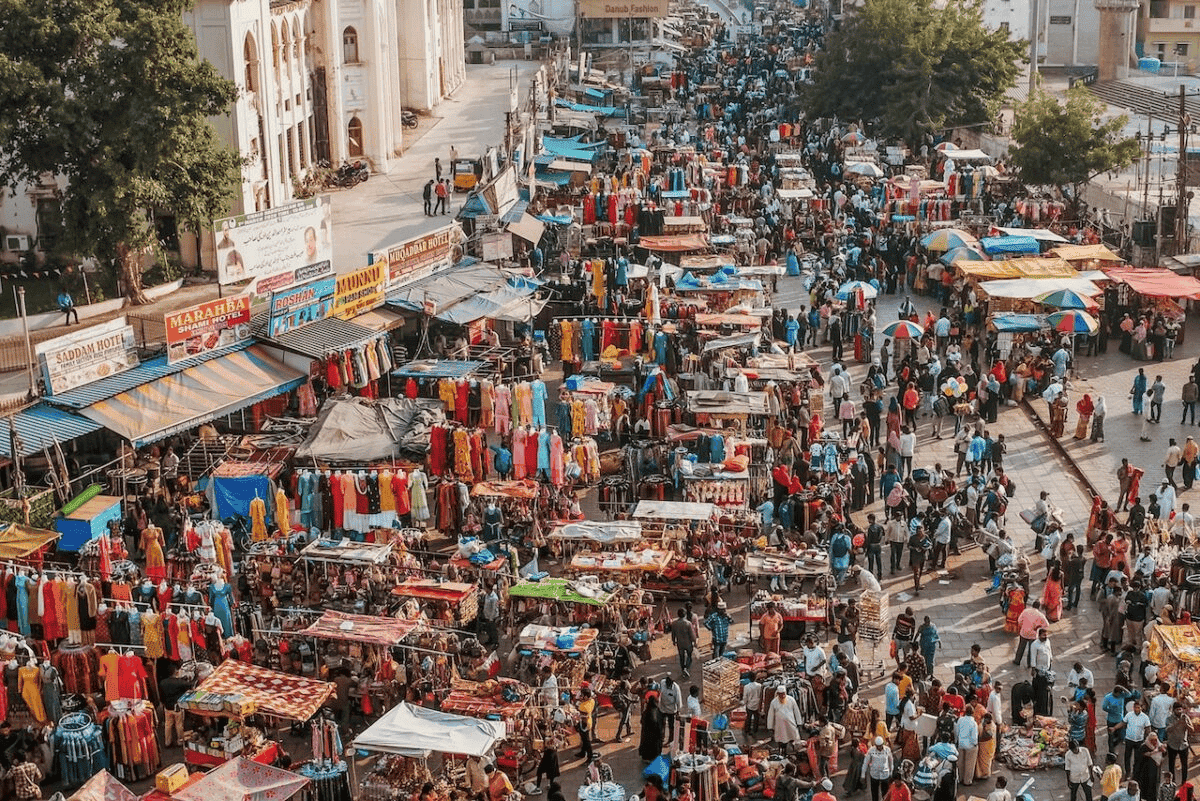
India, a country as vast as all of Europe excluding Russia, has seen its population swell to over 1.4 billion - about 1.3 times what it was two decades ago. In 2023, India surpassed China to become the world's most populous nation. Of this immense population, roughly 900 million people (as of 2020) live in rural areas. While the agricultural sector's share of employment is declining, it still accounts for about half of the workforce, underscoring its crucial role in India's development. A turning point in India's recent remarkable growth came with the economic liberalization policy of 1991. This policy introduced market competition to an economy previously characterized by socialist-style planning and price controls, attracting substantial foreign investment. In the three decades since, India's GDP has expanded nearly tenfold. The concurrent introduction of advanced higher education played a key role in India's emergence as an IT powerhouse. On the other hand, domestic poverty remains a pressing concern, with 49% of urban dwellers (as of 2020) living in slums. India's rapid economic development has come at a cost. Severe traffic congestion and environmental pollution plague major cities like Delhi and Mumbai, causing significant economic losses and health issues due to air pollution and noise. The government is actively implementing various measures to address these challenges. Over 80% of the population - more than a billion people - are Hindus. The caste system, which historically predetermined one's occupation at birth regardless of aptitude or ability, was constitutionally banned in 1950. Nevertheless, its structural and cultural influences continue to permeate daily life in India.

India has a long history of coffee production. The story of coffee's origins in the country often begins with Baba Budan, an Indian saint who reportedly brought coffee beans from Yemen's port of Mokha to India after a pilgrimage to Mecca. Legend has it that from India, coffee then spread to Indonesia, the Netherlands, and eventually worldwide. Coffee production in India flourished under British rule in the 1800s as the government stepped up exports to Europe. It was in the 1940s that the country saw the establishment of the Coffee Board of India, following the devastating impact of World War II on the coffee industry. This organization conducted research, development, and technical support, laying a solid foundation for India's coffee sector. Coffee distribution gained further momentum when the government relaxed regulations in 1996, allowing producers to export coffee freely. Concurrently, India's economic development has driven increased domestic consumption, raising demand for locally produced coffee. Traditionally, Indian coffee has been distributed mainly in European markets for espresso use. The country is known for its unique "Monsooned Malabar" processing method, where green coffee beans are exposed to monsoon winds in port warehouses for several months to dry them. This process enhances body and reduces acidity, making the coffee ideal for espresso. In recent years, there has been a push towards producing specialty coffees that showcase the fruit-forward flavors of the beans. The number of estates (private farms) and local roasters using domestically grown coffee has been on the rise. India cultivates various coffee varieties, including hybrids developed by Indian coffee research institutes such as S795 and Selection 9, as well as Typica and Kent. S795 is particularly famous as an Arabica variety resistant to coffee leaf rust and is also common in Indonesia. Indian coffees are generally known for their rounded flavors with notes of brown sugar, apple, and mango. However, there's growing anticipation for even more diverse coffee profiles to emerge from India in the future.
Warehoused
Caffeine Nirvana 2022/23
Producer/Curator:
Mohammed Danish Ali
Under the banner of Caffeine Nirvana, Danish Ali runs a coffee farm named Zoya Estate in Keserke, a village in Chikmagalur, southwestern India. For generations, coffee production has been a family business for the Alis, dating back over 250 years…Read More
540roasters are interested
21roasters purchased
Sample Request :
Start
End
Pre-oder :
Start
End
Warehoused
Caffeine Nirvana 2021/22
Producer/Curator:
Mohammed Danish Ali
Under the banner of Caffeine Nirvana, Danish Ali runs a coffee farm named Zoya Estate in Keserke, a village in Chikmagalur, southwestern India. For generations, coffee production has been a family business for the Alis, dating back over 250 years…Read More
540roasters are interested
21roasters purchased
Sample Request :
Start
End
Pre-oder :
Start
End
Price
6.7 USDFOB/kg
Quantity
0/0 bags (30kg)
Samples
Out of Stock
-
Price
7.5 USDFOB/kg
Quantity
0/0 bags (30kg)
Samples
Out of Stock
-
Price
7.7 USDFOB/kg
Quantity
0/0 bags (30kg)
Samples
Out of Stock
-
Price
6.5 USDFOB/kg
Quantity
0/0 bags (30kg)
Samples
Out of Stock
-
Price
6.5 USDFOB/kg
Quantity
0/0 bags (30kg)
Samples
Out of Stock
-
Price
6.5 USDFOB/kg
Quantity
0/0 bags (30kg)
Samples
Out of Stock
-
Price
6.5 USDFOB/kg
Quantity
0/0 bags (30kg)
Samples
Out of Stock
-
Price
9 USDFOB/kg
Quantity
0/0 bags (30kg)
Samples
Out of Stock
-
Price
8.5 USDFOB/kg
Quantity
0/0 bags (30kg)
Samples
Out of Stock
-
Price
8 USDFOB/kg
Quantity
0/0 bags (30kg)
Samples
Out of Stock
-
Price
8 USDFOB/kg
Quantity
0/0 bags (30kg)
Samples
Out of Stock
-
Price
8 USDFOB/kg
Quantity
0/0 bags (30kg)
Samples
Out of Stock
-
Price
7 USDFOB/kg
Quantity
0/0 bags (30kg)
Samples
Out of Stock
-
Price
8 USDFOB/kg
Quantity
0/0 bags (30kg)
Samples
Out of Stock
-
Price
8 USDFOB/kg
Quantity
0/0 bags (30kg)
Samples
Out of Stock
-